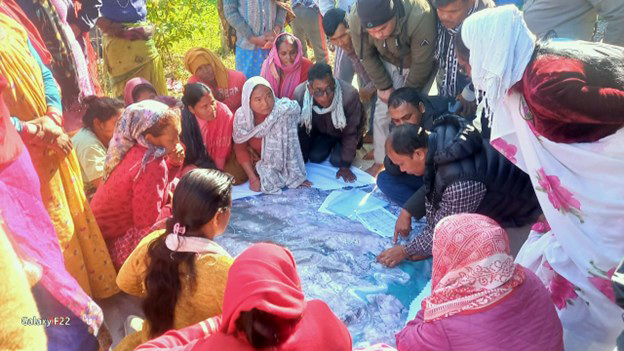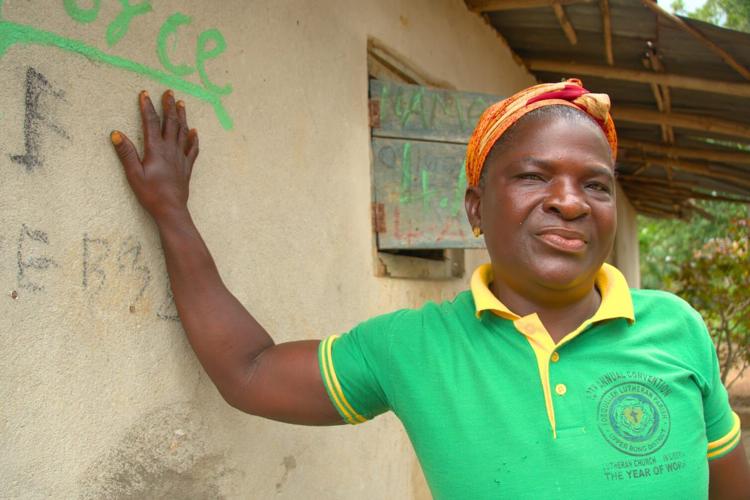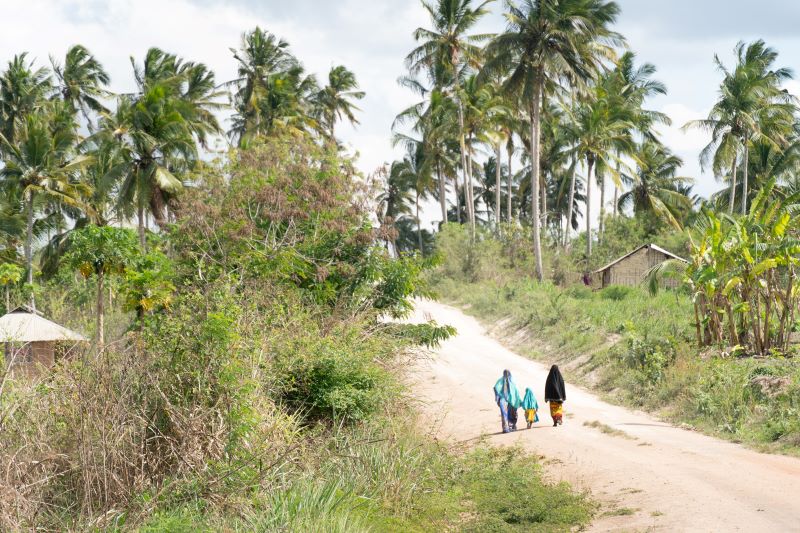Neil MacFarquhar’s recent piece in the New York Times describing how African farmers are being displaced by large-scale land investments raises some important issues. As he points out, large-scale investment in land in developing countries has accelerated rapidly in recent years. This investment is driven largely by the global food and financial crises and demand for bio fuels. Investors include foreign governments and government-based institutions, large corporate enterprises and private investment funds.
Host countries are often eager to accommodate the investors who bring promises of modernization of agricultural production, infrastructure development, technology transfers, and employment opportunities. However, the potential risks are equally significant: loss of smallholder farms, increased landlessness, marginalization of the poor, social unrest, unsustainable resource use and environmental degradation.
The threat to land tenure security is especially dangerous. Providing secure rights to land is a critical component of poverty reduction. The increasing demand from investors for land in developing countries is often met not through fair, voluntary transactions, but through government expropriation of the land being sought. These takings often violate the land rights of those occupying the land.
Last April, I presented a paper on this subject at a conference at Haramaya University in eastern Ethiopia. In the paper, I proposed that it was possible to achieve a win-win result from these investments, so long as land rights are respected, food security is not jeopardized, the investment process is fair and transparent and, overall, local communities are strengthened by the investment. During the course of the presentation, I realized that the key may be to insist that investors invest in the local farmers, not the land. This can be done in a variety of ways but the local farmers and their communities must be partners in the process, not simply moved off their ancestral land, with or without compensation.
My suggestion that the investors invest in people not land prompted a very lively discussion and seemingly widespread agreement among the 100 or so faculty, students, and others who were in attendance. It quickly became clear that land is a very emotional issue in Ethiopia as several people stood up and quietly but passionately defended the land rights of Ethiopian farmers and pastoralists. I heard later that two men seated in the back were in tears during this discussion.
While the Ethiopian government may make available some 3 million hectares of land to investors over the next 3 years, it states that it also actively seeks to promote smallholder farms as part of its development strategy. Prime Minister Zenawi has said that promoting commercial farming at the expense of small-scale farming “would be a disaster.” Reports of land being taken without compensation, payment of below-poverty line wages and pastoralists being forced to move to villages lead me to worry that the disaster is already happening in Ethiopia and in many other African countries.
In Ethiopia and elsewhere, each proposed investment should: (1) be preceded by independent land tenure and community impact assessments, which will determine whether the investment is in the best interests of the community; and (2) strive to make partners of the local community and investor by way of joint ventures, contract farming or other locally appropriate outgrower schemes that align the incentives between the two parties.
Bottom line: based on current trends, unless the investment process and model is radically changed along the lines described above, I am increasingly skeptical that a “win-win” outcome can be achieved.
For more information about this issue, visit our Global Land Rush page.
Related blogs


